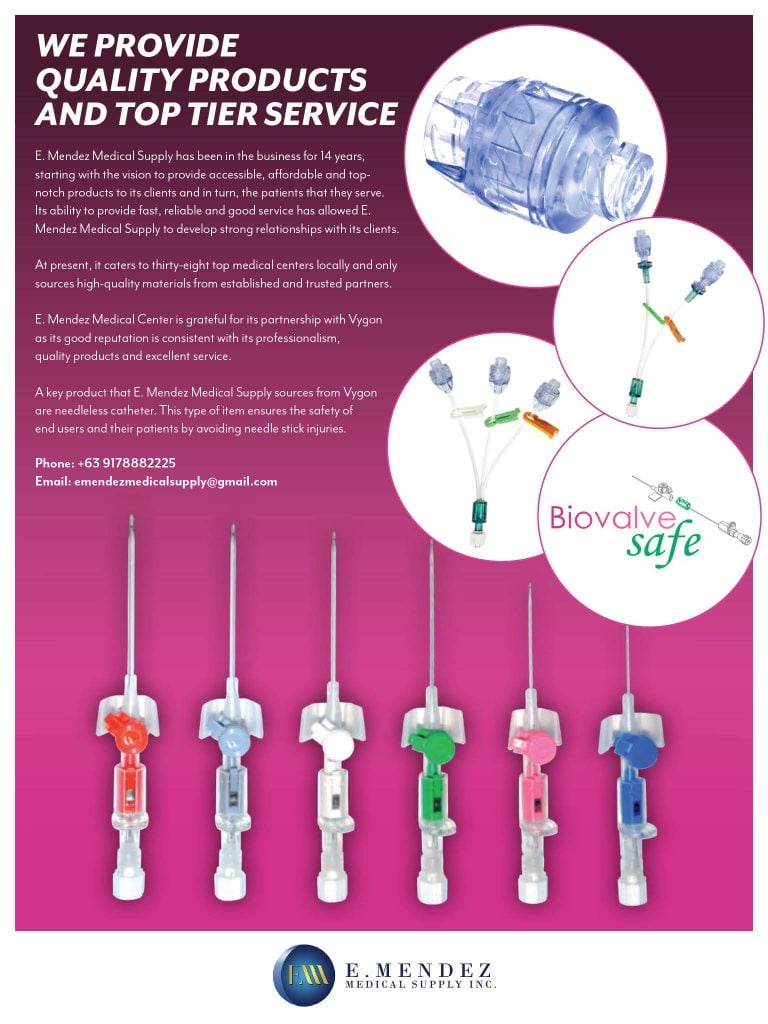Thanapathy Kumaraiah says the chance to inject some of his extensive regional expertise was behind his decision to join French medical equipment manufacturer Vygon in 2009.
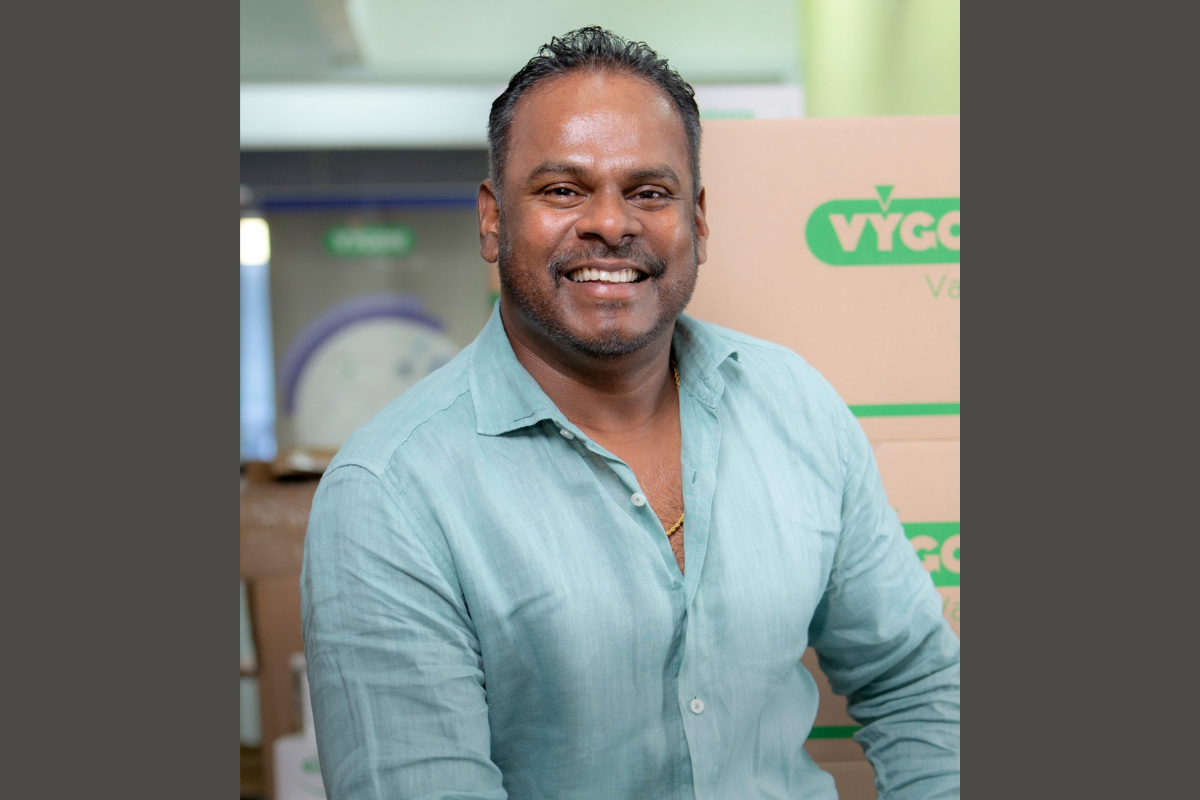
“In those days, we were a very Euro-centric organization,” he tells The CEO Magazine. “I felt there was a lot of opportunity for me to grow the Asia–Oceania market since I could share my knowledge of the industry and region.”
He saw it as a “win–win situation” both for him professionally and for the company as it established a foothold in a new market.
Now, more than a decade later, as Regional Director Asia–Oceania – a role he has held since 2014 – Kumaraiah continues to see plenty of possibilities. “Over the years, I’ve capitalized on every opportunity that has come my way. Our business in Asia has seen exponential growth,” he says.
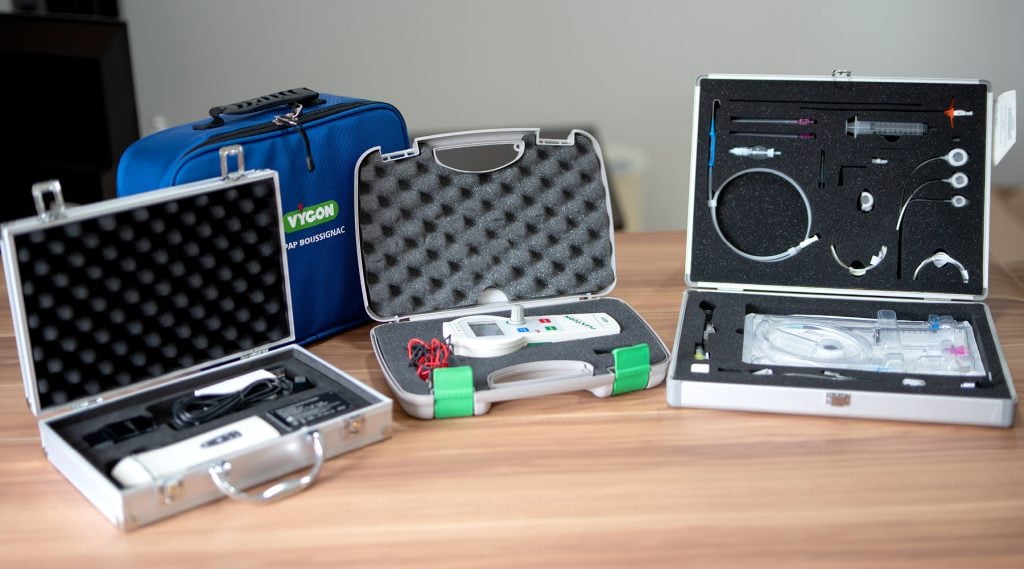
It helps that he feels well supported by the company, but he also appreciates the trust and freedom his colleagues in Vygon’s Paris headquarters have afforded him. “We have been given the opportunity to grow and develop the business as our own. We run it as entrepreneurs, with great accountability and responsibility,” he says.
The business in question is centered around single-use medical and surgical products, first designed by Belgian entrepreneur and Vygon Founder Pierre Simonet in 1962.
Today the company has 11 manufacturing plants internationally as it delivers life-saving innovations through five business units: Critical Care; Obstetrics Neonatology Enteral; Intravascular Therapies; Cardiovascular and Surgery; and Pain and Airway Management. It continues to be family owned – the current CEO, Stéphane Regnault, is the husband of Simonet’s granddaughter.
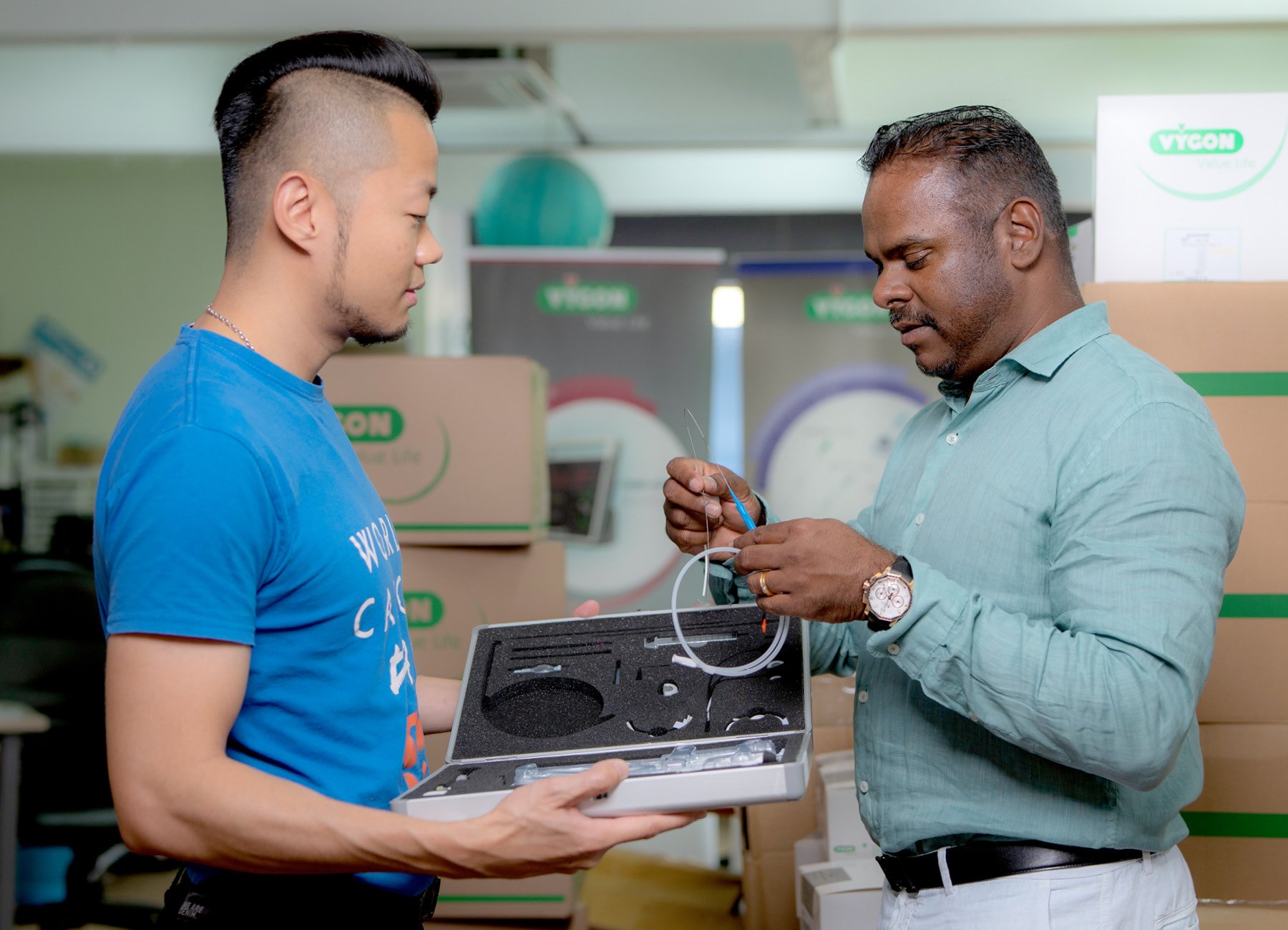
We have been given the opportunity to grow and develop the business as our own. We run it as entrepreneurs, with great accountability and responsibility.
The need to lead
Kumaraiah explains that his current focus is on ensuring Vygon’s unique neonatal products, such as catheters and feeding tubes, are readily available in a region with one of the highest rates of premature births in the world. The World Health Organization puts the global figure at 15 million preterm births annually, and studies show Africa and Asia combined account for 81 percent of this total.
“We are here in the market, but we are very small,” he says, adding that the socio-economic status of many of the countries in the region plays a role. “A catheter that is considered reasonably priced in Singapore can be very costly for a country like the Philippines,” he explains. But going without could result in the death of a preterm baby.
“Medical practitioners need the right technology to help them with their procedures. Our products make it easier for them,” he continues. “My goal is to reach as many potential patients as possible through engagement with our customers, through partnerships with hospitals and through education and training.
“We want to be, but more importantly we have to be, a leader in this market because it allows us to save lives. We want to act on our motto, which is ‘Value Life’.”
To achieve this, Kumaraiah says the plan is to grow the number of subsidiaries Vygon has in the region. But he knows it won’t happen overnight, owing to what he describes as tedious regulatory requirements.
“Even though our products have been sold around the globe for the past 40 years, they still have to be re-registered in countries we haven’t sold in before,” he says. It’s a process that also involves time-consuming clinical trials.
Well-versed in how the industry works, he has therefore set a realistic goal. “We would like to have an increased presence in the regional market in three-to-five years,” he says. “What we have today is not enough.”
Selling solutions, not products
Kumaraiah knows that he works in a territory that is not only vast, but encompasses a wide range of languages and cultures. “There’s no one-size-fits-all approach to the Asia–Pacific region,” he says. Instead, he plays to what he identifies as his team’s strengths: agility and adaptability. “As leaders, we must understand and adapt to our clinicians’ ways of working, rather than trying to change them,” he says.
And, while the last few years have accelerated the digitization of the business, with new channels such as webinars and social media opening up, communication – whether in person, online, or a mix of the two – remains key to Vygon’s success. “We are not just selling the product alone, we are providing a solution to a problem,” he explains.
It’s this, Kumaraiah continues, that gives Vygon a unique positioning in the market. “We listen to the clinicians to understand their needs, rather than pushing what we have,” he says. “I see us more as a facilitator in the medical field where we have the right products and a clinical approach and we show hospitals and clinicians how these products can be correctly capitalized.”
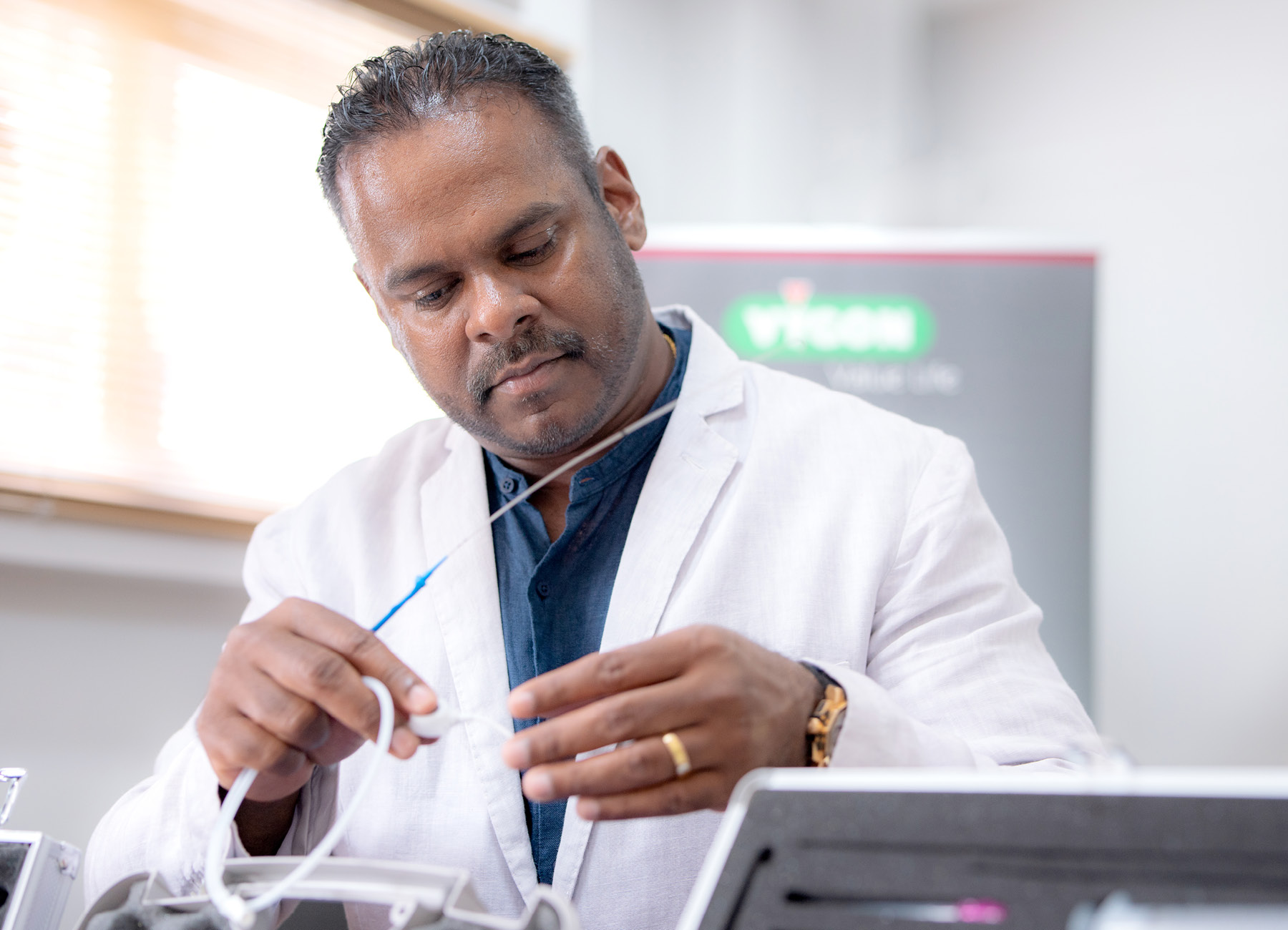
There is a lot more I can do for Vygon as well as the medical field in the Asia–Pacific.
Whether in R&D or client and supplier relationships, Kumaraiah shares Vygon’s vision of putting long-term investment before quick gains, and prioritizing quality and innovation over short-term profitability. “We are not looking for immediate growth,” he explains.
“Nothing grows overnight. Everything requires a lot of effort. Success is not just about the story of winning but also about the process and how we make it happen.”
In Vygon, Kumaraiah has found his perfect partner and he says he has no plans to go anywhere else. “There is a lot more I can do for Vygon as well as the medical field in the Asia–Pacific,” he affirms.
Proudly supported by:
